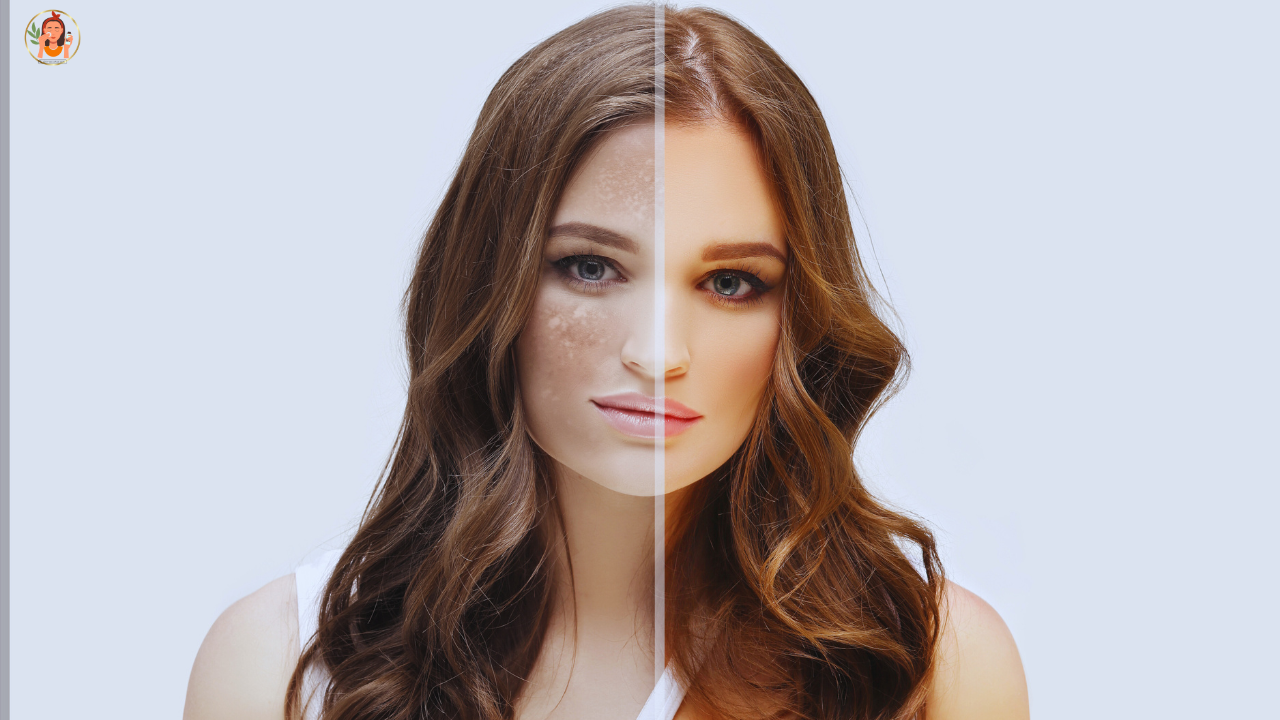Due to deficiency of which vitamin the face becomes dark?

The skin is often a reflection of overall health, and deficiencies in essential vitamins can lead to various skin concerns, including darkening or dullness of the face. Among the numerous nutrients essential for healthy skin, some vitamin deficiencies are particularly associated with pigmentation issues, uneven tone, and a lack of radiance. Let’s explore the key vitamins and how their deficiency might cause facial darkening.
Key Vitamins Linked to Skin Darkening
Vitamin B12 Deficiency
Impact on Skin: A deficiency in vitamin B12 can cause hyperpigmentation, particularly on the face, hands, and other sun-exposed areas. This is because low levels of B12 can interfere with melanin production, leading to dark patches.
Sources: Found in animal-based products like meat, fish, eggs, and dairy. Vegans and vegetarians may require supplements or fortified foods.
Vitamin D Deficiency
Impact on Skin: Lack of vitamin D is associated with dullness, uneven skin tone, and increased sensitivity to UV damage, which may exacerbate pigmentation issues.
Sources: Sunlight is the primary source, along with foods like fatty fish, fortified milk, and eggs.
Vitamin C Deficiency
Impact on Skin: Vitamin C is crucial for collagen synthesis and protecting the skin from oxidative stress. Its deficiency can lead to dullness, dark spots, and a loss of skin elasticity.
Sources: Citrus fruits, strawberries, bell peppers, broccoli, and tomatoes.
Vitamin E Deficiency
Impact on Skin: Vitamin E acts as an antioxidant, protecting skin from free radicals and UV damage. A deficiency can make the skin more prone to pigmentation and premature aging.
Sources: Nuts, seeds, vegetable oils, and leafy greens.
Folate (Vitamin B9) Deficiency
Impact on Skin: Folate is vital for DNA repair and cell turnover. Its deficiency can result in hyperpigmentation and a sallow complexion.
Sources: Leafy green vegetables, legumes, citrus fruits, and fortified grains.
How to Address Vitamin Deficiencies for Better Skin
Balanced Diet
Incorporate a variety of fruits, vegetables, whole grains, lean proteins, and healthy fats into your diet to ensure an adequate intake of essential vitamins.
Supplements
If dietary intake is insufficient, consider supplements, especially for vitamin B12 and D, which are harder to obtain from plant-based diets.
Sun Protection
While sunlight helps in vitamin D synthesis, excessive exposure can worsen pigmentation. Use a broad-spectrum sunscreen to protect your skin.
Hydration and Skincare
Maintain a good skincare routine with products rich in vitamins like C and E to support skin health and reduce pigmentation.